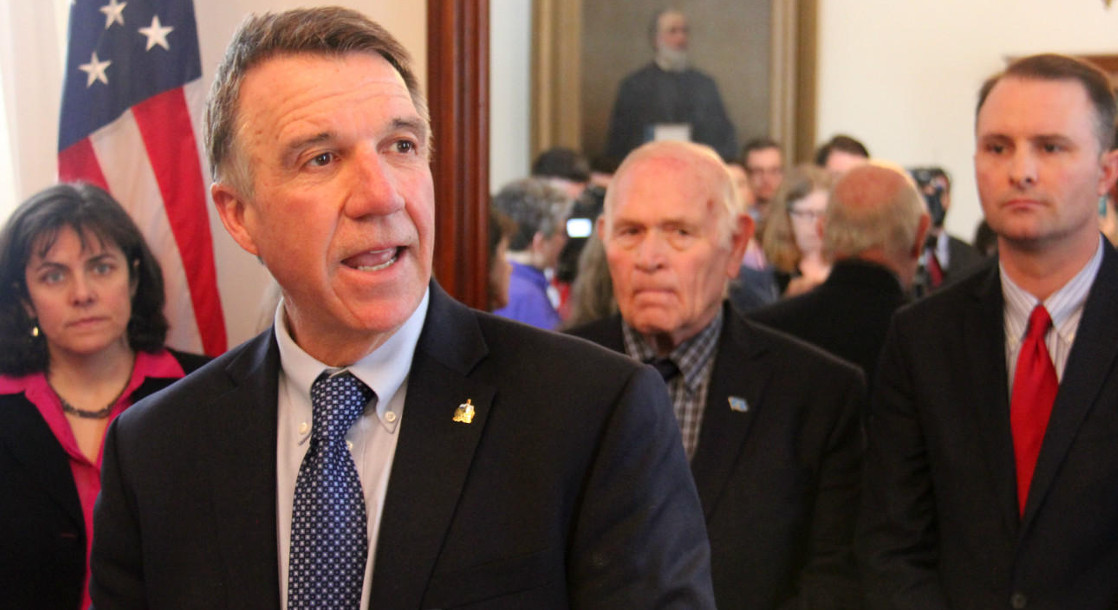Marijuana advocates around the country were saddened to hear that Vermont Governor Phil Scott vetoed the bill that would have legalized recreational marijuana in his state yesterday. If passed, the bill would have made Vermont the first state to legalize via the state legislature rather than a ballot measure. Although he vetoed the bill, Gov. Scott left the door open for compromise, and a revised bill could be passed as early as this summer.
Scott said that he felt that the bill needed to have provisions to “detect and measure impairment on our highways, fund and implement additions to substance abuse education, keep our children safe and penalize those who do not, and measure how legalization impacts the mental health and substance abuse issues our communities are already facing.”
In a press conference following his veto, the governor said that he is aware that Vermont “cannot ignore the fact that it is a widely consumed substance and that many states and an entire nation to our north (Canada) are in the process of making it legal.” Matt Simon, New England director of the Marijuana Policy Project, called Scott's willingness to compromise “extremely encouraging,” noting “it could have been a lot worse.”
A special session of the Vermont legislature will be convened on June 21st, which allows legislators to reconsider vetoed bills. “It sounds like there’s some room to work with the Governor,” state Senator Dick Sears, chief sponsor of the bill, said. “I had been expecting the governor to veto the bill based on his comments over the last few weeks. So I’m pleased he’s willing to work with the legislature. I don’t know whether it can be accomplished in a two day veto session or not, but am willing to try.”
If the bill doesn't pass in the summer session, advocates believe it can be passed next year. “It’s disappointing that he didn’t sign it, but it’s encouraging that he identified the areas he wants to see fixed,” said Kris Krane, managing partner of cannabis consulting firm 4Front Ventures. “That’s a positive sign that this will pass next year.”











